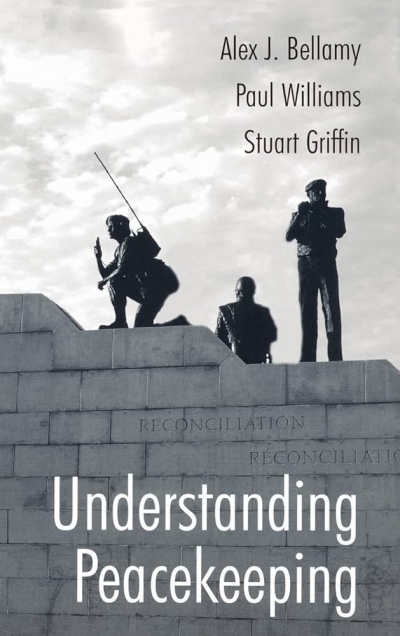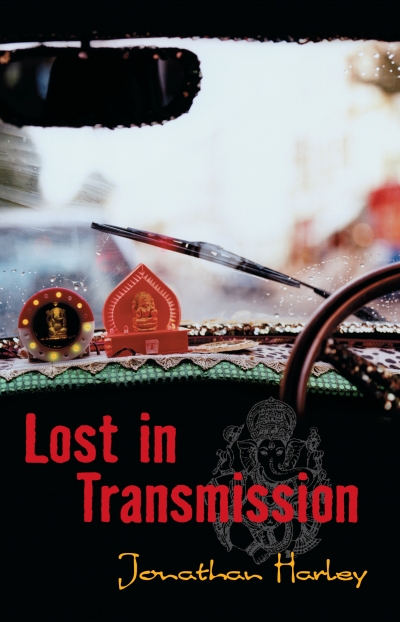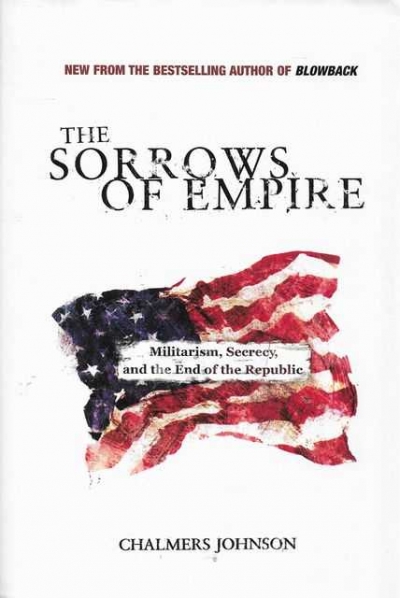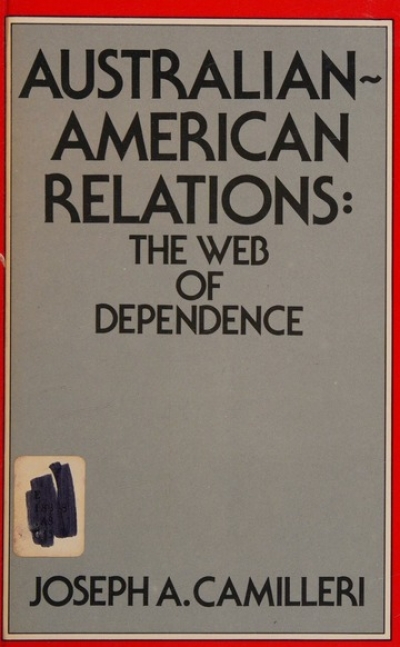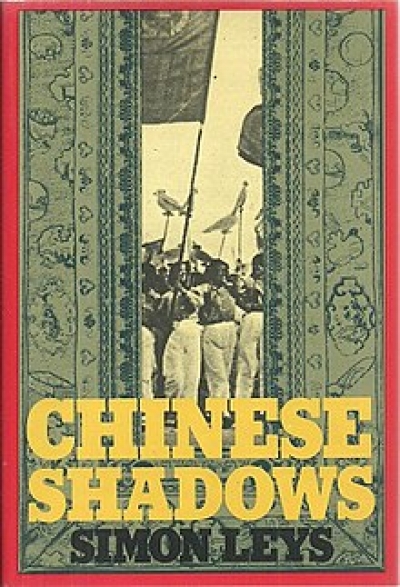International Relations
Understanding Peacekeeping by Alex J. Bellamy, Paul Williams and Stuart Griffin & Other People's Wars by Peter Londey
Traveller's Tales edited by Trevor Bormann & Lost in Transmission by Jonathan Harley
Vaclav Havel and Nobel Laureates Call for the Release of Imprisoned Burmese Writers
Fourteen Nobel Literature Laureates – along with Vaclav Havel, former President of the Czech Republic and renowned playwright, and Jiri Grusa, acclaimed Czech writer and President of International PEN – have urged Senior General Than Shwe of the Burmese Military Junta to release Nobel Peace Laureate Daw Aung San Suu Kyi and other imprisoned Burmese writers. These include 74-year-old editor U Win Tin, who is serving twenty years’ hard labour, and poet and journalist U Aung Myint, who was condemned to twenty-one years’ imprisonment. In a letter delivered to Burmese embassies in Bangkok, Berlin, London, New Delhi, Tokyo, Washington DC and other cities on April 13, Havel and the Laureates wrote:
... (read more)It is hard to avoid the assessment that the most visible product to date of the war on terrorism has been nothing much more, or less, than more war and more terror. The unhappy reality since September 11 seems to be that all our major cities, and concentrations of Westerners anywhere, are as vulnerable as ever; the capacity of terrorist actors to do harm is as great as ever; their motivations are as great as ever; their identity is as elusive as ever; international cooperation is as fragile as ever; and international policy priorities are as misplaced as ever.
In Iraq, where the terrorist connection was the least plausible of all the reasons for going to war, terrorist violence has now become the most harrowing of all its consequences. The significance of Richard Clarke’s evidence to the September 11 Commission is not what the former anti-terrorism chief had to say, with all the wisdom that hindsight confers, about the failure of either Republican or Democrat administrations to take more effective action before September 11; rather, it is about the decision after September 11 to attack Iraq, a country that had about as much to do with it as Mexico, creating in the process the most expensive recruitment campaign for Islamist extremism ever launched.
... (read more)
